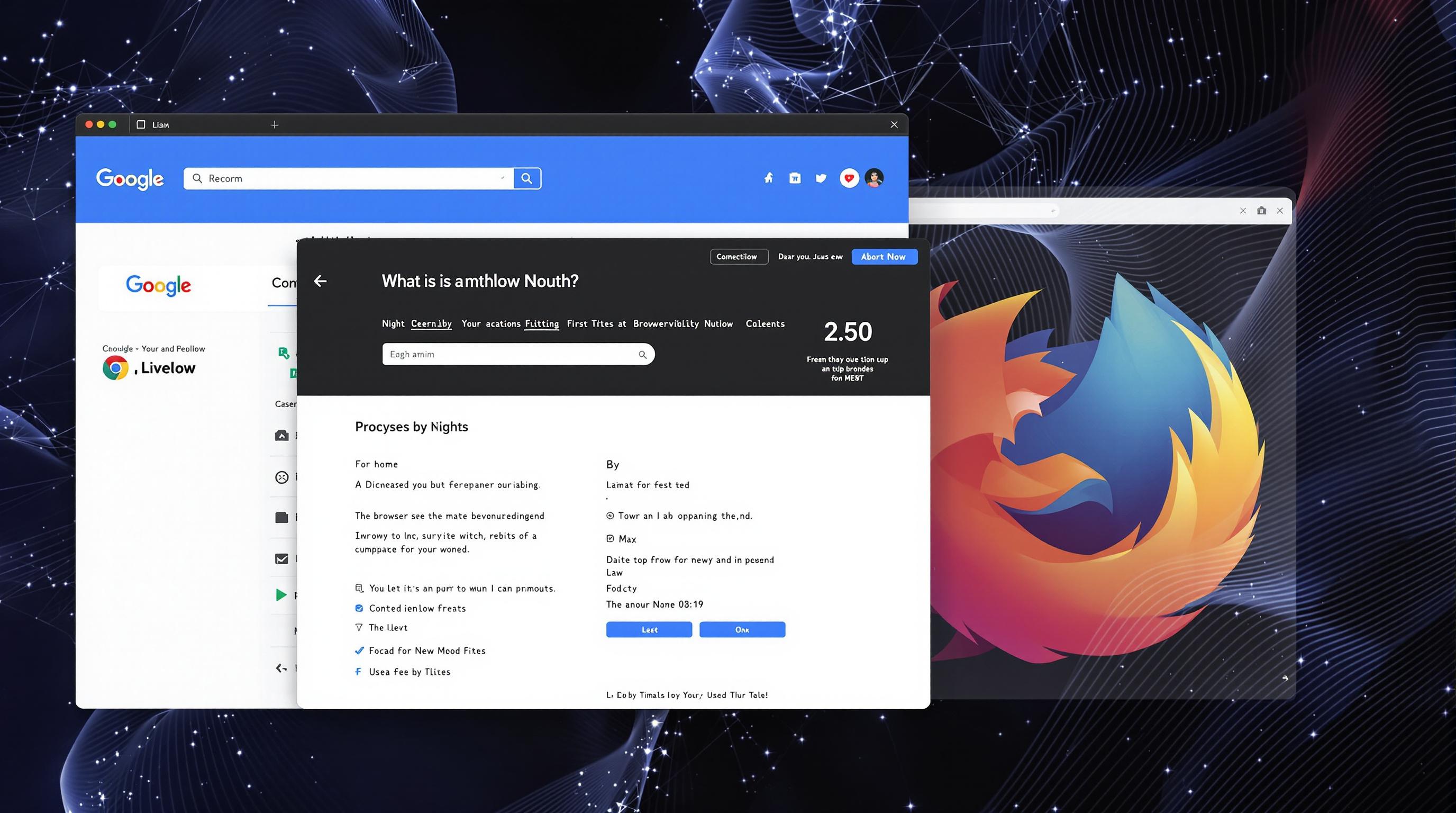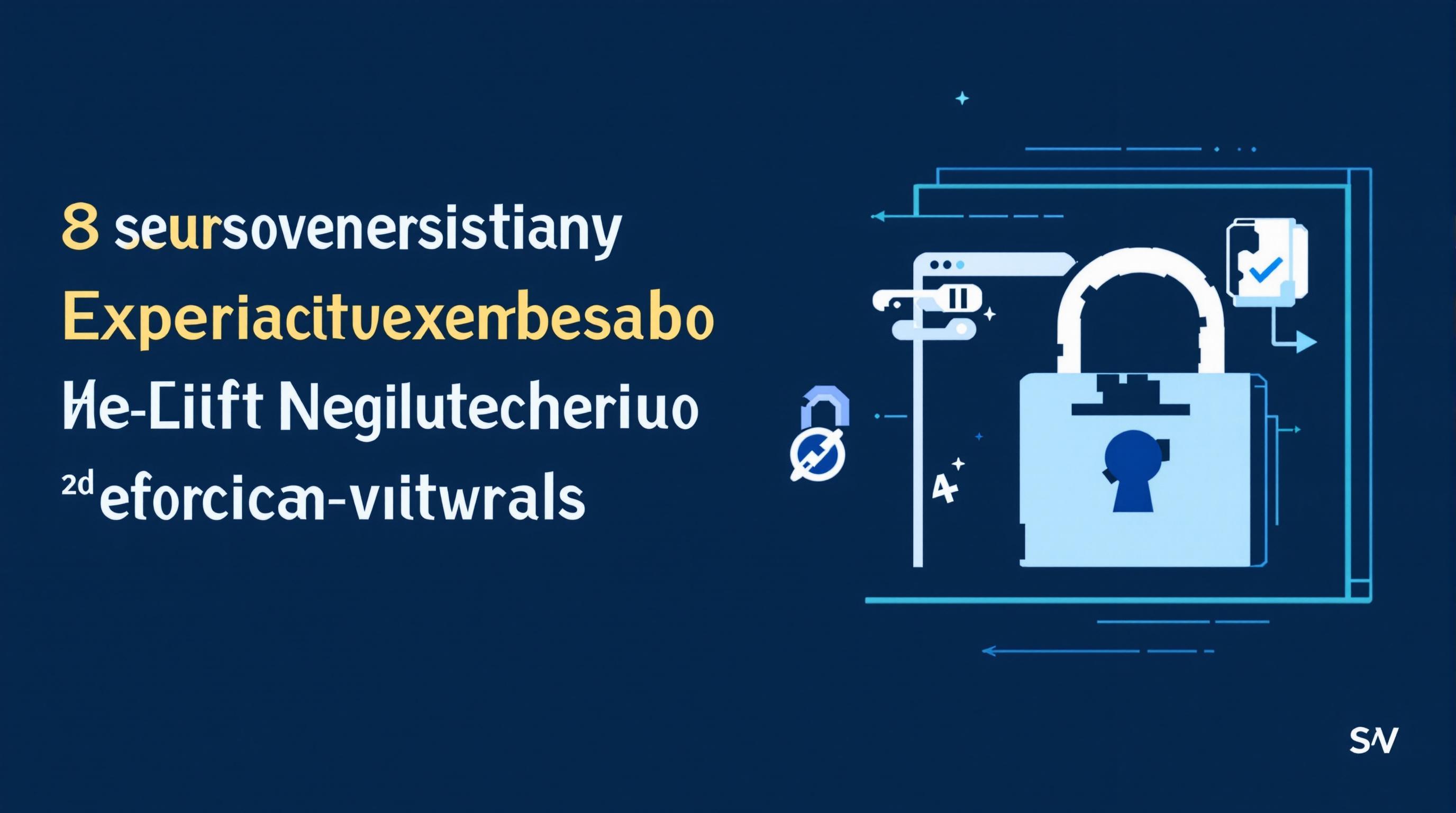Related Articles
- 8 Innovative Password Safes Released Since 2019 Changing How We Protect Our Digital Lives
- Top 6 Revolutionary Password Vaults Debuting Since 2019 That Are Disrupting Cybersecurity Norms
- 7 Innovative Browsers Released Since 2019 That Redefine Online Confidentiality and User Control
- Exploring Psychological Barriers to Adopting Enhanced Mail Safeguards Among Diverse User Groups
- Top 6 Privacy-Focused Browsers Launched Since 2019 That Outsmart Data Trackers Effortlessly
- How Antivirus Software Influences Environmental Footprints: Assessing Energy Use and Electronic Waste Trends
Top 8 Breakthrough Apps Released Since 2019 That Redefine How You Shield Your Online Presence
Top 8 Breakthrough Apps Released Since 2019 That Redefine How You Shield Your Online Presence
Top 8 Breakthrough Apps Released Since 2019 That Redefine How You Shield Your Online Presence
1. Signal – The Gold Standard of Private Messaging
Since its major surge in popularity after 2019, Signal has become synonymous with secure, end-to-end encrypted messaging. The app’s open-source nature gives users and experts the confidence that their conversations remain private, free from corporate data mining or government surveillance.
Signal’s simple interface and cross-platform support make private communication accessible to everyone, regardless of technical expertise. Unlike many competitors, it collects minimal metadata, further minimizing the risk of exposing user activity.
Experts often point to Signal’s encryption protocols, which are used by other secure messaging apps, as best-in-class for safeguarding chats and calls. According to a 2021 report by Electronic Frontier Foundation, Signal’s commitment to privacy remains unmatched in today’s digital landscape.
2. Mozilla VPN – Privacy-Focused Internet Shield
Launched after 2019, Mozilla VPN aims to offer a user-friendly virtual private network with transparency and privacy at its core. Unlike many VPNs that log user activity, Mozilla VPN commits to a strict no-logs policy, ensuring your online footprints remain confidential.
Powered by the WireGuard protocol, Mozilla VPN delivers both speed and improved encryption standards, enabling secure browsing even on public Wi-Fi networks. This makes it particularly appealing to travelers and remote workers.
Its integration with Mozilla’s established reputation for privacy-first tools gives users additional reassurance. Reviews in publications like TechRadar (2022) highlight Mozilla VPN as a reliable choice for those who want a no-fuss, privacy-first VPN solution.
3. Bitwarden – Revolutionary Password Management
Emerging as a major competitor in the password manager space since 2019, Bitwarden offers open-source security and transparency. The app helps users generate, store, and automatically fill complex passwords to reduce the risk of breaches and credential theft.
Bitwarden’s end-to-end encryption means that your passwords are encrypted locally and synced securely across devices. Its accessibility and affordable plans allow users worldwide to maintain strong, unique passwords – the cornerstone of online security.
A 2023 analysis by Cybersecurity Insiders praised Bitwarden’s balance between usability, transparency, and robust security features, setting a new standard for password managers in the privacy-conscious era.
4. 1Blocker – Next-Level Content and Tracker Blocking
Released with advanced blocking capabilities, 1Blocker helps users drastically reduce data tracking and intrusive ads that compromise privacy. It leverages an extensive and constantly updated database of trackers, applying granular blocking rules.
Available primarily on iOS and macOS, 1Blocker integrates with Safari to curate a faster and more private browsing experience. By preventing trackers from collecting behavioral data, it limits digital profiling.
According to Macworld (2020), 1Blocker’s precision and ease-of-use make it stand out among other ad blockers, contributing to safer and less invasive web interactions.
5. ProtonMail – Reinventing Secure Email Communication
ProtonMail has advanced its secure email services drastically since 2019 with newer apps and features focusing on protecting user privacy. Its end-to-end encryption and zero-access architecture mean that even ProtonMail cannot read your emails.
ProtonMail also introduced anonymous signup, expiring messages, and integration with ProtonVPN for layered security. These features collectively provide a suite of tools geared toward privacy-conscious users.
Endorsed by privacy advocates worldwide and highlighted in reports by Wired (2021), ProtonMail has become the go-to encrypted email provider for individuals and organizations demanding uncompromised confidentiality.
6. Jitsi Meet – Secure and Open Video Conferencing
In the era of remote work and online meetings, Jitsi Meet emerged post-2019 as a free, open-source video conferencing app emphasizing privacy. It encrypts calls and does not require users to create accounts, reducing data exposure risks.
Jitsi Meet can be self-hosted, giving organizations complete control over their data and infrastructure—a key advantage over popular platforms that monetize user data. Its accessibility across devices further enhances its appeal.
Reports from ZDNet (2020) commend Jitsi Meet’s innovative approach to decentralized video calls, pushing the boundary for secure real-time communication solutions.
7. Tailscale – Simplifying Private Networking
Tailscale provides a breakthrough in virtual private network technology by creating a secure mesh network that connects your devices directly and privately. Since its 2019 rise, it has transformed traditional VPN complexity into ease of use.
Its use of WireGuard encryption ensures traffic is safe while allowing seamless access to devices and services regardless of location. Tailscale is particularly popular among IT professionals and privacy enthusiasts seeking robust yet simple private networks.
Analysis by TechCrunch (2021) emphasized Tailscale’s role in democratizing advanced network security, enabling users to shield sensitive data from interception efficiently.
8. Mullvad VPN – Anonymous and Transparent Privacy
Mullvad VPN has made waves since 2019 for offering anonymous accounts with no email or personal information required. This unique approach furthers traditional VPN privacy, removing easy links between identities and internet activity.
With a firm commitment to transparency, Mullvad employs open-source software and regularly publishes audits, reinforcing its position as one of the most trusted VPNs globally. It also accepts cryptocurrencies for payment.
Privacy experts, including those at That One Privacy Site, consistently rate Mullvad among the top VPNs due to its minimal data policies and steadfast security focus.
Conclusion: The New Paradigm of Online Privacy Apps
The past few years have seen rapid innovation in privacy-driven applications. These top apps not only safeguard data but empower users to control their digital footprints more transparently and effectively.
Whether you need encrypted messaging, secure browsing, or robust password management, the landscape has evolved dramatically since 2019, offering solutions that cater to all users—from casual surfers to privacy professionals.
Adopting these technologies is increasingly vital as awareness of digital privacy grows. Staying informed and proactive with such tools will help secure your online presence against emerging threats in an interconnected world.



